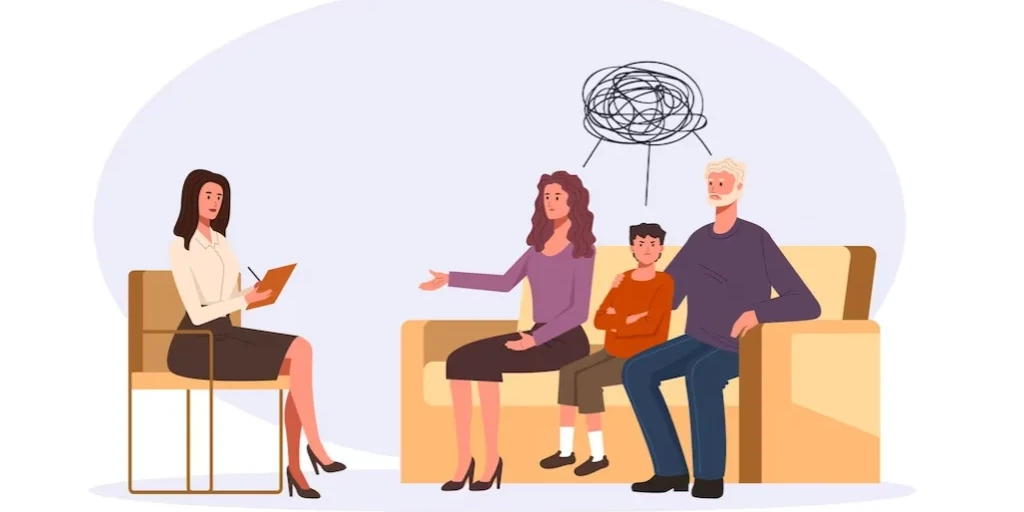24/7 Helpline:
(866) 899-221924/7 Helpline:
(866) 899-2219
Learn more about PTSD Treatment centers in Mc Cutchenville
PTSD Treatment in Other Cities

Other Insurance Options

Oxford

Evernorth

Carleon

UMR

BlueCross

MHNNet Behavioral Health

BHS | Behavioral Health Systems

EmblemHealth

Magellan

Sutter

Absolute Total Care

Health Partners

Horizon Healthcare Service

State Farm

PHCS Network

United Health Care

Humana

Health Net

Ceridian

American Behavioral










